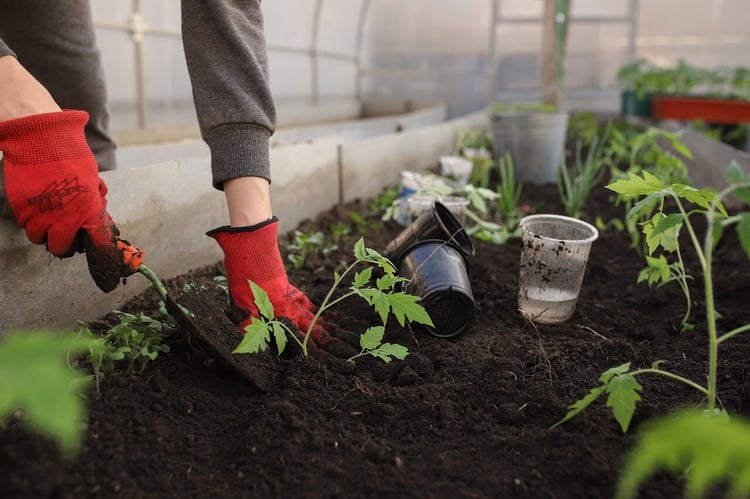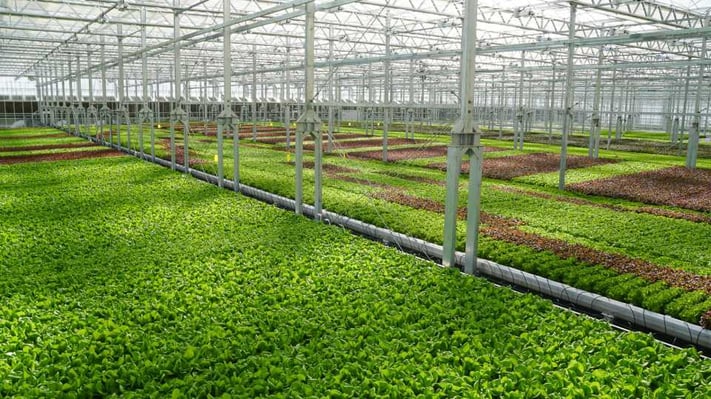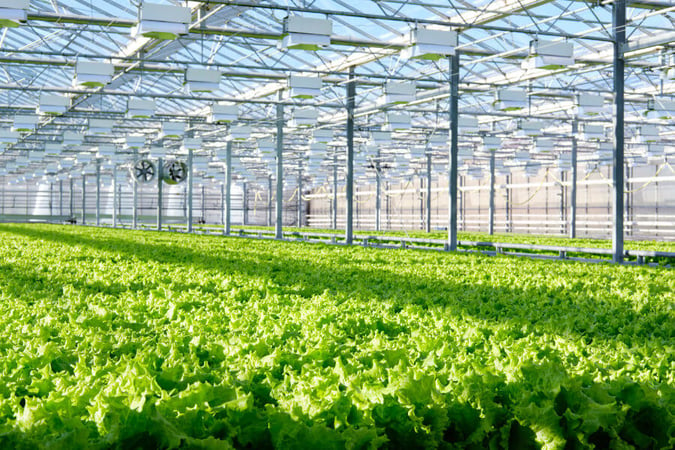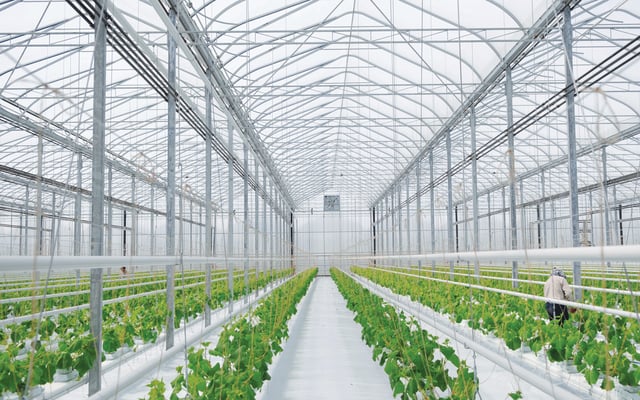Aug 13, 2024
Why Farmers Should Invest in Greenhouses

Image source: Ekaterina Ershova from Pixabay
August 13th, 2024
Authors: Niko Simos
Farming has always been a dance with nature, balancing season rhythm with weather whims. However, modern challenges like climate and market changes require farmers to innovate.
Enter greenhouses: a game-changer in agriculture. These structures offer a sanctuary where crops can thrive year-round, free from the unpredictability of the outside world. In this article, we explore why investing in greenhouses is not just a smart move for farmers but a necessity for sustainable and profitable farming.
Why Invest in a Greenhouse?
A greenhouse is a specially designed structure made of transparent materials like glass or plastic, which harnesses sunlight to create a controlled environment for growing plants. Therefore, unlike traditional open-field farming, greenhouse farming allows farmers to manipulate factors like temperature, humidity, and light to optimize plant growth and productivity.
Here are the reasons that make it a suitable investment.
Year-Round Crop Production

Greenhouses revolutionize agriculture by enabling year-round crop production, defying the limitations of traditional outdoor growing seasons. Thus, unlike open fields that succumb to seasonal changes, greenhouses provide an environment where farmers can extend growing periods, ensuring a continuous supply of fresh produce. Imagine harvesting tomatoes in the dead of winter or enjoying strawberries in early spring.
Moreover, greenhouse open the door to cultivating various crops, including exotic and non-native varieties. Farmers can experiment with plants that would otherwise be unsuitable for their regional climates, offering unique produce to the market. This diversity provides a competitive edge, enabling you to cater to a niche market and enhance profitability.
Economic Benefits
Investing in greenhouses offers substantial economic benefits for farmers, starting with the potential for higher yields and quality of crops. Greenhouses create an optimal growing environment, allowing for consistent production of premium produce. This consistent quality can command higher market prices, boosting farmers' profitability and providing a competitive edge in the marketplace.
In addition, farmers can reliably meet market demands regardless of seasonal changes, reducing the risk of income fluctuations caused by unpredictable weather or seasonal limitations. This steady supply helps secure long-term contracts with retailers and buyers, ensuring a stable income stream.
On top of that, while the initial investment in greenhouse construction can be significant, the long-term financial benefits often outweigh these costs. Higher yields, premium prices, and year-round production contribute to a swift return on investment.
Additionally, many governments offer grants, subsidies, and incentives to support greenhouse farming, mitigating initial costs and encouraging farmers to adopt this sustainable and economically advantageous technology.
Risk Management

Investing in greenhouses improves pest and disease control. By creating a physical barrier, greenhouses reduce the exposure of crops to pests and diseases prevalent in open fields. This controlled environment allows for integrated pest management (IPM) strategies, which combine biological, cultural, and mechanical methods to manage pests sustainably and effectively, minimizing the need for chemical pesticides.
Water efficiency is another crucial aspect of risk management in greenhouse farming. Enhanced irrigation systems and water management techniques in greenhouses ensure that crops receive the optimal amount of water, reducing overall water usage. This efficiency is particularly beneficial during drought conditions, ensuring you use water resources judiciously.
Sustainability and Environmental Impact
Greenhouses enhance energy efficiency by integrating renewable energy sources like solar panels. This approach significantly reduces reliance on fossil fuels, lowering operational costs and decreasing environmental impact. Solar energy can power various systems, including heating, ventilation, and irrigation.
Greenhouses also offer significant protection from environmental pollutants by shielding crops from harmful substances such as heavy metals and acid rain. This protection ensures that the produce is cleaner and safer for consumers.
Optimized Space Utilization

Greenhouses significantly optimize space utilization through vertical farming techniques, allowing farmers to maximize limited areas effectively. This method is particularly beneficial in urban and densely populated regions where land may be scarce and expensive.
In addition, vertical farming within greenhouses can incorporate advanced technologies such as hydroponics and aeroponics, which further enhance efficiency and crop yield. These systems use nutrient-rich water or mist to nourish plants, eliminating the need for soil and reducing water consumption. The result is a highly productive, sustainable farming model that makes the most of the space, providing more food from smaller footprints.
Conclusion
Considering a greenhouse is a forward-thinking decision that can significantly enhance the sustainability and profitability of your farming operations. For example, it offers a strategic advantage, incorporating innovative agricultural practices to secure income and future-proof your farm against various challenges.
Greenhouses can also extend the growing season, allowing for more efficient land use and maximizing crop yield per square foot. This investment can reduce dependency on external weather conditions, providing a controlled environment that optimizes plant growth and reduces crop losses. Additionally, they support sustainable farming by enabling precise resource management, including water and nutrients, thus lowering environmental impact.
